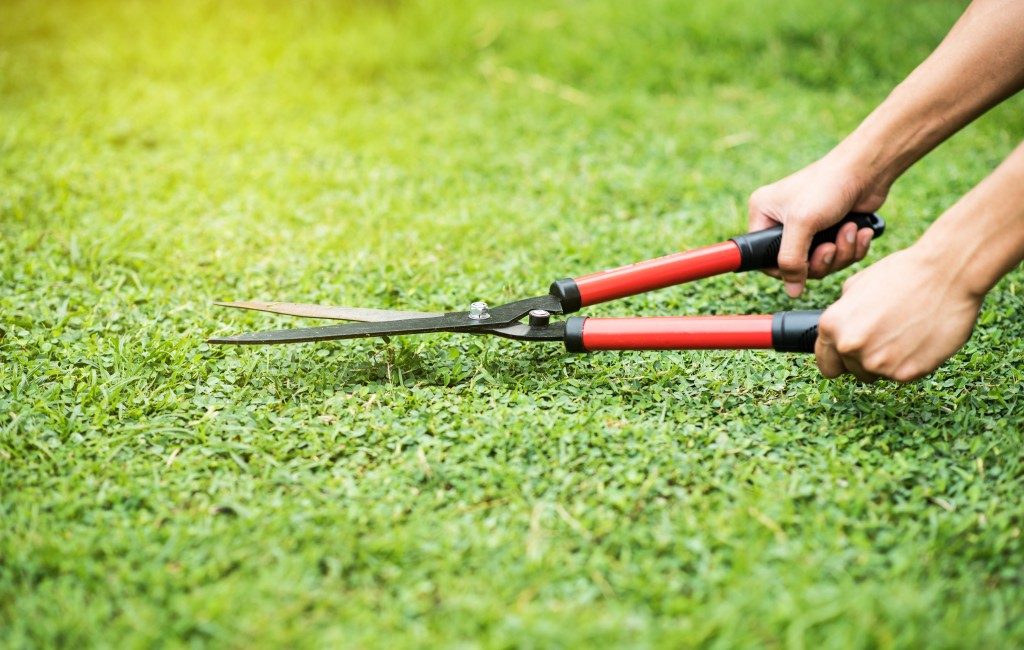Hot days and cold nights wreak havoc on lawns and gardens everywhere. Many plants in our gardens are not native to the area, and the fickle weather can make the conditions difficult for grasses, plants, shrubs, and even trees.
You’re not entirely helpless, however. You can buy garden products in Salt Lake City that promote lawn health. You can do something to improve the health of your yard during the hot summer months. Here are a few pointers for keeping your garden green and healthy:
1. Check the grass length
People tend to cut their grass too short because they don’t want to mow the lawn that often. However, cutting too much of the blade system weakens the plant and makes it more vulnerable to diseases during the summer months.
Trimming the grass blades too short also makes it more difficult for the plant to make food. When lawn mowing during the summer months, raise the mower blades a degree or two until the temperatures have turned colder.
2. Keep the blades sharp

One thing you can do to help your lawn and garden cope with the higher temperatures is to keep the lawnmower blades sharp. Sharp blades ensure that the grass is cut cleanly and evenly. Lawn mowing with dull blades leads to an uneven cut and tears away the grass instead of cutting it. Torn grass tips turn brown and provide an entry point for pests and diseases.
3. Leave the clippings alone
The lawn needs all the nutrients it can get, especially during the extremely fickle summer months. Instead of buying expensive fertilizer, you can just leave the clippings alone after mowing the lawn. The clippings contain nutrients that the grass can use as it decomposes. Not only are you saving money, but you’re also encouraging natural processes.
4. Don’t overwater
You must regulate the amount of water the lawn receives during the extreme heat of the summer. In normal temperatures, I generally recommend giving the lawn around an inch of water per week. This includes rainfall.
Many lawn care experts have said that the grass grows better when it receives water less frequently. Ensuring that the grass and its roots are completely watered helps the plant develop stronger and healthier roots and ward off plant diseases. How does this relate to watering during the summer?
The assumption is that you should water more during the summer since the temperatures are higher and water evaporates faster. Here’s my advice: Don’t change anything. Water the plants as if it were any other time of the year. Your lawn will grow better if you follow the one-inch rule.
The lawn has to dry out in between waterings. If the garden isn’t dried out before the next watering session, the soil becomes more compact and the roots will not be able to get the oxygen it requires to grow. The plant will also be more susceptible to diseases.
Also, if you come across any brown spots in your lawn, feel free to water them even if it’s outside your regular watering schedule. Some areas dry out faster than others, and you will have to replenish the plant’s water before it dies of dehydration.







